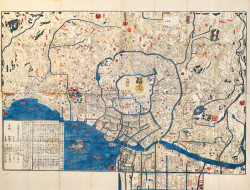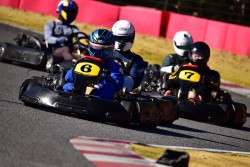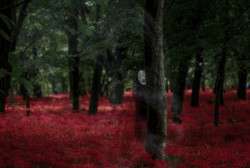
Originally published on metropolis.co.jp on July 2011

The New York house scene is steeped in legend. One man who was around to experience the formative days of what became a worldwide movement is DJ Nick Jones. The Newark, New Jersey native got hooked on house after listening to the now-mythical Larry Levan, and by the mid-’80s was spinning at formative clubs like Shelter and Sound Factory. A pivotal experience happened in the ’90s when Jones met the Japanese founder of influential house imprint King Street Sounds. Hisa Ishioka introduced Japan to Jones’ sure touch behind the decks, and a relationship was born that takes its latest form in the DJ’s upcoming appearance at Eleven.
How did you become a DJ/producer? Around 1977-78, I was inspired by radio mix shows broadcast on New York’s WBLS. Some of the mixes were live from the Paradise Garage. The energy of Larry Levan, the crowd and the music that was played stimulated my imagination. My mother purchased a starter DJ kit for me, and I started doing local house parties in my neighborhood.
Tell us about your involvement in the early New York house scene. After I graduated from high school, I moved to New York City and got a job at a record store in the Village called High Tech Music around 1984-85. The owner of the store was a guy named Leroy Washington, who became my mentor. Leroy was and still is an amazing DJ. He also happened to be the resident DJ at Studio 54. Around this time, Leroy was preparing to open a club on West 33rd Street called Lovelite. I started at Lovelite as the support DJ for Larry Paterson, Timmy Regisford, Tee Scott, Kenny Carpenter and David Morales. It was a great experience to watch and learn from so many masters and I eventually became a resident DJ at Lovelite. I am also one of the founders of the renowned NYC party, Wildpitch, born after the Paradise Garage closed in 1987.
What is right and wrong with worldwide clubbing today? What I like about it today is all the technology that is available – for example, live streams and internet radio. Also social media (Facebook, Twitter, etc.) helps to bring the scene closer and enables clubheads to read about parties that are taking place all over the world. What’s wrong is the business aspect of it has virtually disappeared. At one time, you were actually able to make a good living in the industry.
Tell us about your latest production. The Metamorphosis EP on King Street is my return to production after a few years’ hiatus. The EP was inspired by the Philadelphia soul music that I grew up listening to. I dedicated one of the tracks to Club Add in Sendai, which is one of my favorites.What can we look forward at Eleven? Eleven is sort of like home for me. I was one of the first DJs to play at Yellow [Eleven’s prior incarnation], so this will be somewhat of a return to my Japan roots. It will be a passionate night of music and great vibrations.
Eleven, Aug 5 (listing).







